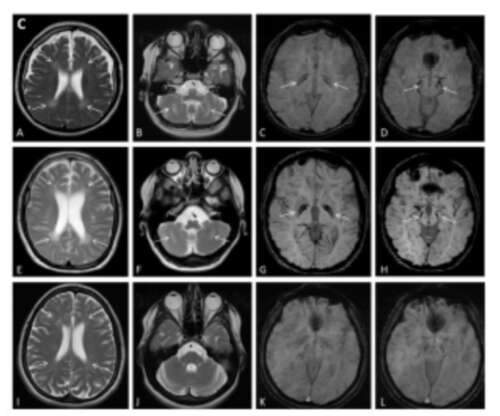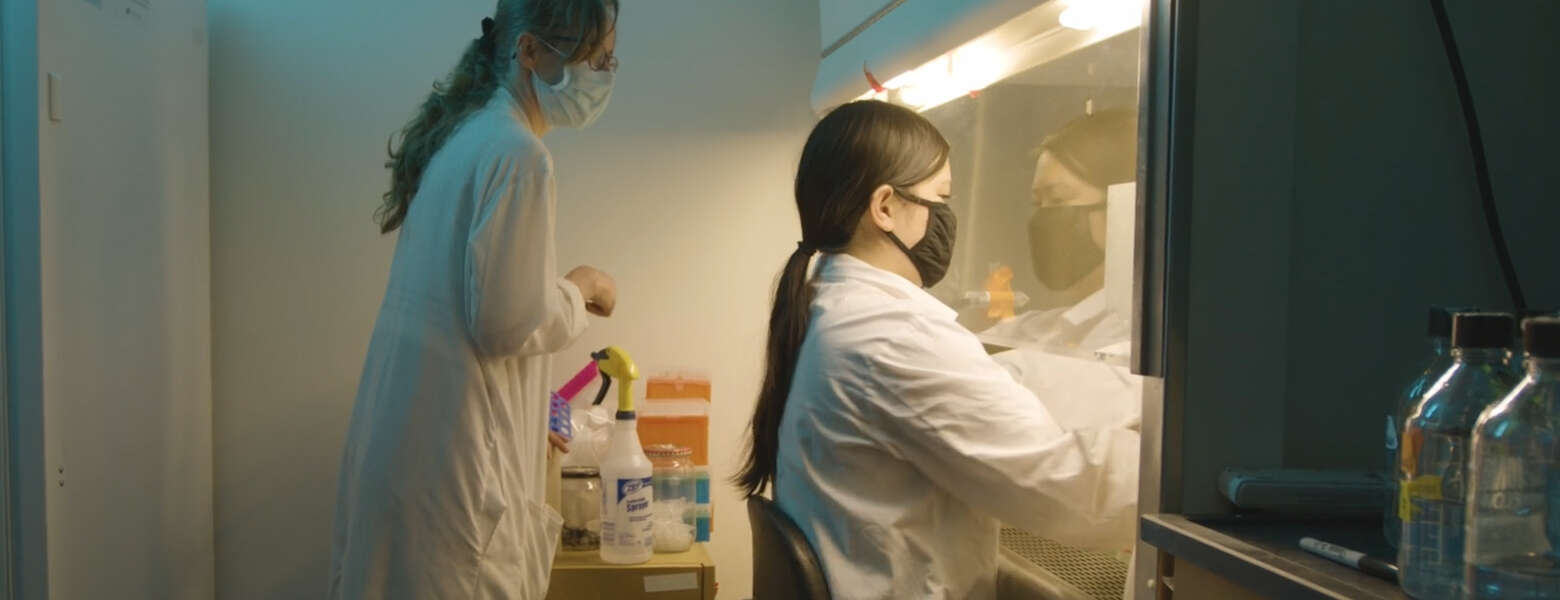Investigating a newly identified childhood disease and exploring an alternative to traditional vaccines are the goals for two University of Guelph researchers who have been awarded more than $903,000 in project grant funding from the Canadian Institutes of Health Research (CIHR).

Dr. Marica Bakovic, a professor in the Department of Human Health and Nutritional Sciences, College of Biological Sciences, received a five-year, $803,250 award to increase fundamental understanding of a newly discovered genetic neurodegenerative condition.
Dr. Sarah Wootton, professor in the Department of Pathobiology, Ontario Veterinary College, received a one-year, $100,000 award to continue developing an alternative for people whose immune systems do not respond effectively to vaccines.
“We are delighted that these two distinguished researchers have received federal funding to strengthen their ongoing projects,” said Dr. Malcolm Campbell, vice-president (research). “This funding will enable them to advance knowledge in ways that will improve lives across Canada and across the globe.”
Guelph MP Lloyd Longfield said, “The CIHR collaborates with partners like the University of Guelph and researchers to support the discoveries and innovations that improve our health and strengthen our health care system. Congratulations to Dr. Bakovic and Dr. Wootton on your contributions to our national understanding of childhood disease and vaccine development.”
Dr. Marica Bakovic

In 2020, Bakovic led the international team of scientists, clinicians and patients whose collaboration first identified CONATAC. Symptoms of this progressive condition appear in childhood and include poor muscle control, tremors, speech difficulty, deterioration of the optic nerve and cognitive decline.
CONATAC is caused by a single genetic mutation, which impairs the body’s ability to metabolize lipids and transport the nutrient choline across cell membranes. These functions are both essential to normal brain function and muscle control.
Bakovic specializes in choline transport and nutritional genomics, or the study of the interplay between diet and individual genetics.
“Finding a way to compensate for deficiencies in nutrient transport could lead to ways of managing the symptoms and slowing the disorder’s progression,” she said.
Among her current collaborators is Morgan Fullerton, a professor at the University of Ottawa and Bakovic’s former PhD student.
“The team approach is critical to continuing the work we started,” she said. “As a researcher, I want our work to make a difference for people, for children with CONATAC and their families. As a supervisor and mentor, I want to contribute to the careers of the next generation of researchers.”
Dr. Sarah Wootton

Wootton studies vectored immunoprophylaxis (VIP), a promising alternative to traditional vaccines, especially for people with weak or impaired immune systems.
Traditional vaccines introduce antigens to the body, which the immune system defends against by producing protective antibodies. However, a compromised immune system may not respond fully to a vaccine.
VIP instead delivers the genetic blueprint of the antibody. Cells immediately begin to produce the antibody, which has been designed to attack a disease-causing pathogen. VIP provides a rapid, robust and continual immune response without exposing the body to the pathogen.
Central to the VIP mechanism is the vector, or vehicle, used to carry the genetic information into the body.
For this phase of the project, Wootton will work with Darwyn Kobasa of the Public Health Agency of Canada in Winnipeg to assess the capabilities of an adeno-association virus (AAV) vector developed at U of G. It is a crucial step toward moving their project from animal models to clinical trials.
“VIP has so many potential applications for human health: HIV, Ebola, antimicrobial pathogens like antibiotic resistant bacteria, treatment for cancer and autoimmune diseases, and another tool for quickly combatting emerging infectious diseases,” said Wootton.
Contact:
Dr. Marica Bakovic
mbakovic@uoguelph.ca
Dr. Sarah Wootton
kwootton@uoguelph.ca
